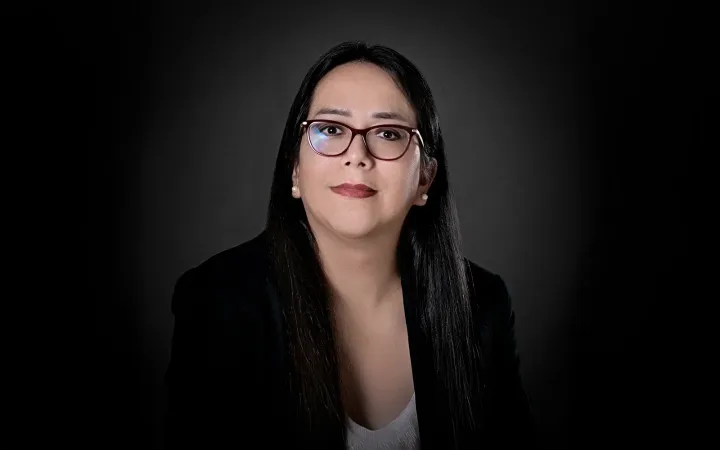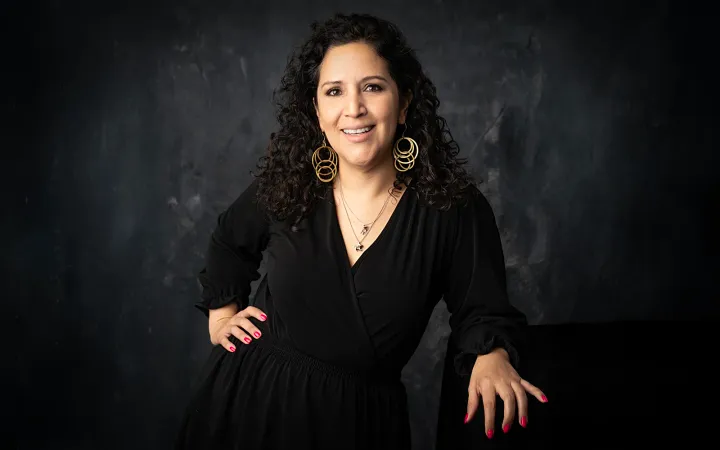By Laura Brugés
The oaths for the presidential office of the United States are loaded with symbolism and traditions, but for this text I will only talk about the Bibles on which the presidents of that country swear their oath of office before God. Besides, for me it is a fascinating book, particularly because the oath that Donald Trump will take as the 47th president will be on the Bible of Abraham Lincoln, one on which the 16th president swore 162 years ago.
The Abraham Lincoln Bible has been used on very particular occasions. The first time, on March 4, 1861, at a time when the country was on the brink of civil war; in 2009 it was used by Barack Obama and for the second time in 2013; and now with Donald Trump, 2017 and 2025.
The oath on a Bible, nor the speech, is described as a manual in the Constitution. The tradition was invented by George Washington, first president of the United States, and began to take shape as part of the series of inaugural day traditions that have run their course since 1789, with some variations. And as a former member of Freemasonry, he used a bible from St. Johns Lodge No. 1 of the Masons of Old York, which was used by Harding in 1921, Eisenhower in 1953, Carter in 1977 and Bush Sr. in 1989.
But not all presidents have protested on a Bible. For example, John Quincy Adams swore on a law book in 1825 and Theodore Roosevelt in 1802 did not swear on a book, having become president after the death of his predecessor, WIlliam McKinley; or Lyndon B. Johnson used a Catholic missal that had belonged to the assassinated President John F. Kennedy.
Ronald Reagan and Dwight Eisenhower took the oath on a Bible with the page open to the passage in Chronicles 7:14, which reads: "If my people, which are called by my name, shall humble themselves, and pray, and seek my face, and turn from their wicked ways; then will I hear from heaven, and will forgive their sin, and will heal their land.
Although Eisenhower also used the open Washington Bible in the book of Psalms, the most common at presidential inaugurations. But he was not the first to use two Bibles. Harry Truman was the one who started this practice, followed by Richard Nixon and more recently President Obama as he began his second term, and now Donald Trump
Despite being a secular nation, the use of sacred texts of any kind is striking, as the values that matter to the president in office or his faith are described in this type of ceremonies, such as the marked tradition of reciting the phrases "May God help me" or "In God we trust".
With the above in mind and coming to this important date, a paradox arises for me about Donald Trump's use of Abraham Lincoln's Bible to take the oath, whether he really applies the principles of this sacred text or the values of the first Republican president who led a deeply divided country into the Civil War, separated between the pro-slavery South and the abolitionist North.
From Lincoln to Trump with more than one hundred years of history of conservative position of the Republican Party, which although it is not a homogeneous group, from beginning to promote the abolition of slavery and equality, went through economic liberalism over time to reach an agenda marked by strict control of migration, the defense of the right to bear arms and the protection of traditional values, the same that are embodied in the Bible.
While Lincoln was characterized by forging unity in the midst of adversity and by his ability to listen to different points of view, creating the freedom to disagree without fear of reprisal, Trump managed to divide with a populist, nationalist, racist and xenophobic rhetoric that carried him to his second term, through a risky discourse for democracy, institutions, social cohesion, distancing from free trade policies, which deepens the social divisions that already exist.
History has taught us that second terms are often more marked than first terms. Will we see a Donald Trump closer to Abraham Lincoln or Ronald Reagan?
* Laura Brugés is a journalist specializing in politics and economics. She has worked in various media outlets, where she worked as a reporter covering the Mexican Congress. She has also collaborated in radio and television programs, and has published reports on digital platforms. Lecturer on issues of digital democracy

The opinions expressed are the responsibility of the authors and are absolutely independent of the position and editorial line of the company. Opinion 51.






Comments ()